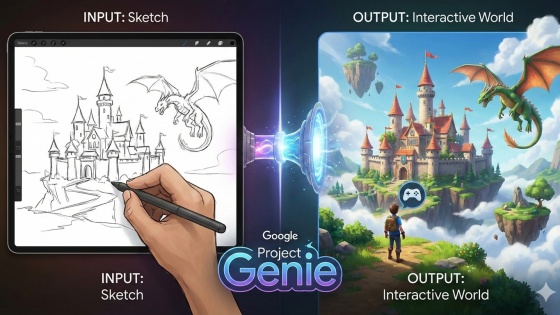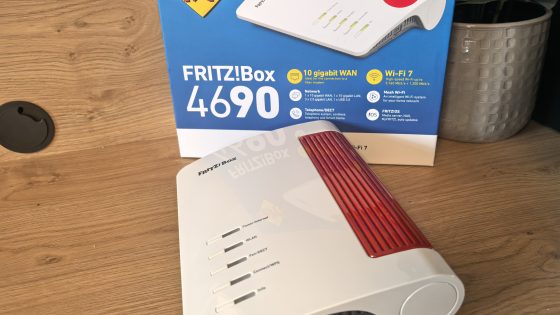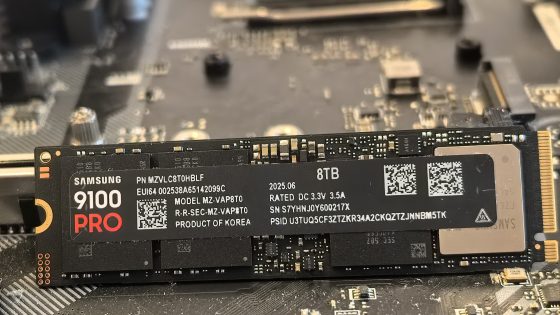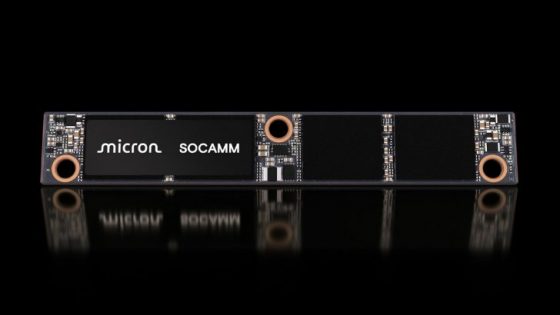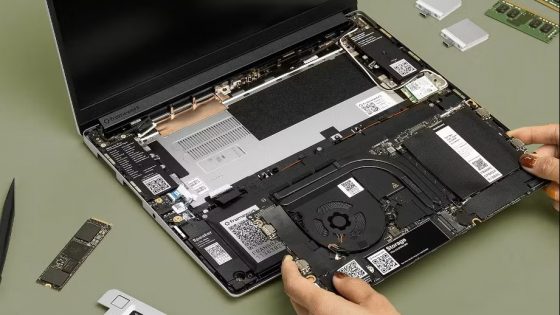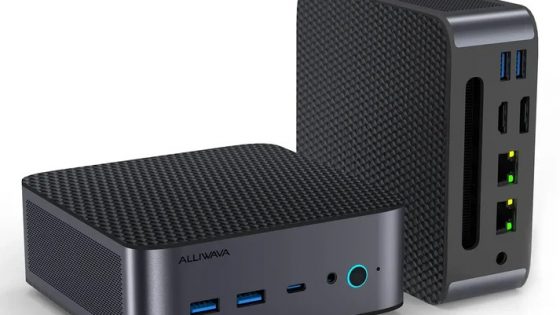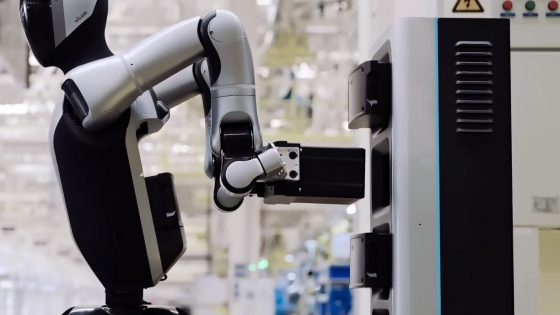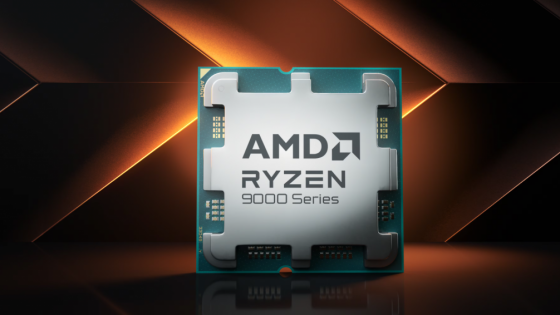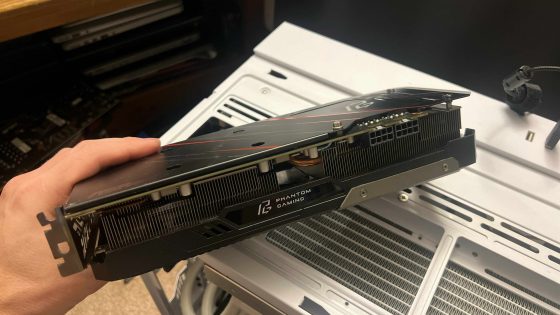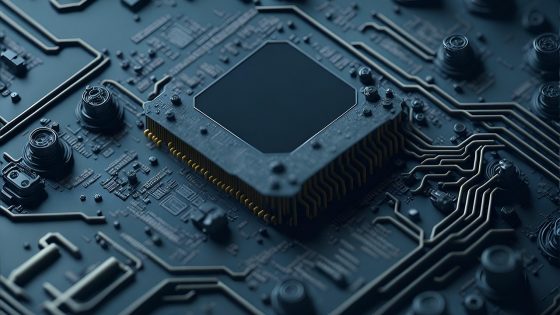A robot for 20,000 $ that can take care of housework
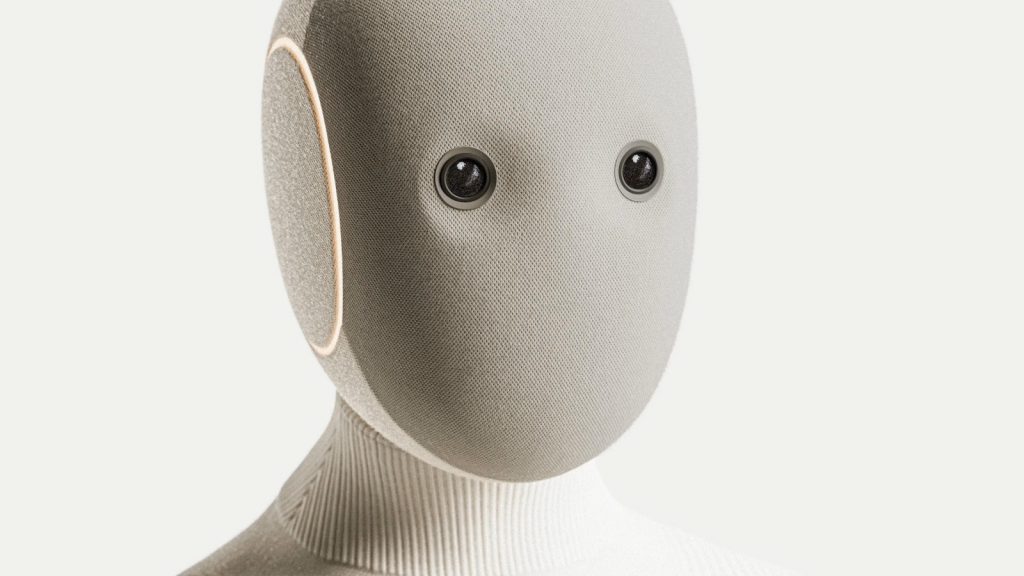
Palo Alto-based 1X Technologies is taking pre-orders for its $20,000 humanoid pet robot, the Neo. The robot is designed to transform home life, but it has a potentially invasive privacy aspect.
Neo is described as “the first consumer humanoid robot designed to transform home life.” It weighs about 30 kilograms, stands about 168 cm tall, can carry objects weighing up to 25 kilograms, and is said to last up to 4 hours on a single charge. It is said to use built-in sensors and cameras to navigate its way around the room, and the user would control it via an app or voice commands.
The robot is said to be capable of performing various household tasks, such as watering plants, emptying the dishwasher, or cleaning the house.
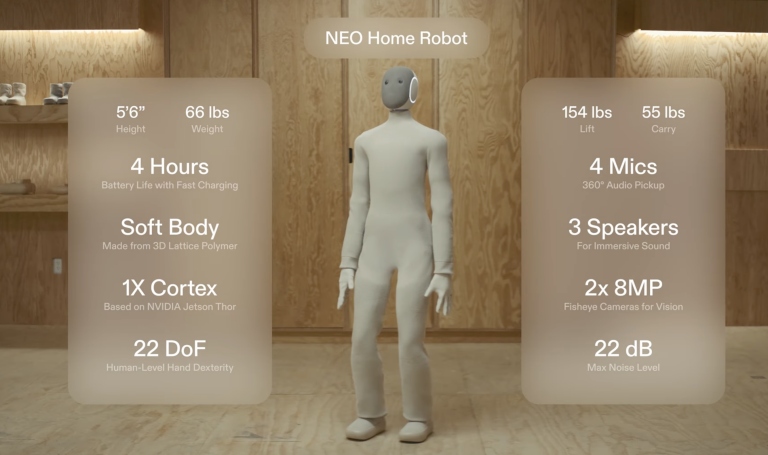
It seems that the Neo robot's artificial intelligence is still in development. For more demanding tasks that the machine is not yet trained to handle, 1X has developed what it calls "advanced mode." In this mode, a 1X employee remotely controls the session while the robot is working. This means that a 1X employee (in the US) can see what is happening in your home, as the control is done via a VR device.
The obvious drawback is privacy. “If you buy this product, you agree to this social contract. If we don’t get your data, we can’t improve the product,” says CEO Bernt Børnich.
1X explains that the robot owner must accept remote access and that during remote access, the robot's ear rings are tinted for greater transparency. The company also assures all owners that they have full control over the robot, regardless of whether it is a local or remote session.
Considering the price, it's still more rational to hire a human housekeeper and also less invasive. The Journal, which has already tested the robot, reported that Neo sometimes loses its balance, which can be dangerous for children and pets.
The Neo robot is also available as a rental for $499 per month. Delivery in the US is expected to begin sometime next year, with other markets expected to expand in 2027.



